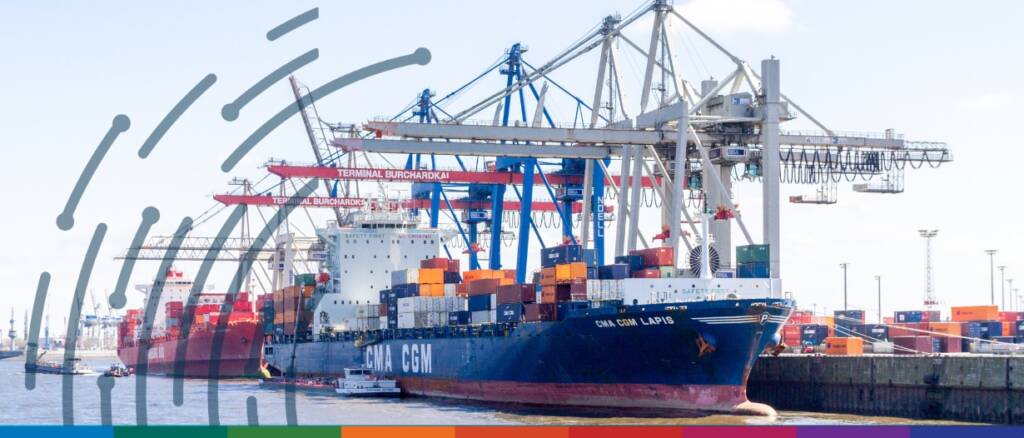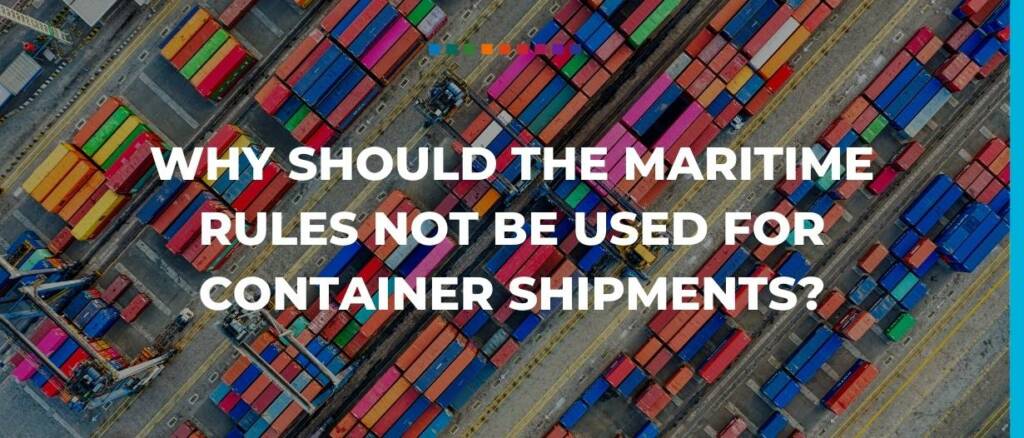Mercuria, an integrated energy and commodity trading company, recently went live with CargoDocs electronic Bills of Lading (eBLs), having participated in its first ever paperless trade transaction for an iron… read more →
Business-to-business (B2B) transport and delivery practices are governed by Incoterms®, published by the International Chamber of Commerce (ICC). A typical contract for export/import is based on the Incoterms® rules and the contracts that surround it.
Your Monday coffee briefing from TFG – Commerzbank on standardisation: the key to sustainable trade finance
Incoterms® are the international terms which determine business-to-business practice in the transport and delivery of goods published by the International Chamber of Commerce (ICC). They set out the important fundamentals of the Incoterms® rules, and the contracts surrounding a typical contract of sale for export/import.
Your weekly coffee briefing from TFG: E-rules for trade explained – URDTT, eURC, and eUCP
With the seller not only contracting for carriage to the buyer’s country but also contracting for delivery to occur there – the difference between the C rules and the D rules – the seller not only bears the transit risk but potentially puts itself in jeopardy of breaching the sales contract.
In the D rules delivery does not occur until a named destination place. How it gets there, what origin port or place it left and when it left are all irrelevant. This puts the D rules completely at odds with the typical LC that requires a port of shipment, port of destination and a latest shipment date.
Your Monday morning coffee briefing from TFG:
2022 WTO conference extended to try and end deadlock
Certified Documentary Credit Specialist Ravi Jinugu explains the motivations and rationale for variation of Incoterms® rules.
The usual answer is because delivery occurs, and risk transfers, when the goods leave the seller’s direct control, such as when the goods are loaded into the container at the seller’s premises or at the CFS or CY, long before the goods go on board. This would be the case with FCA, CPT and CIP.






















